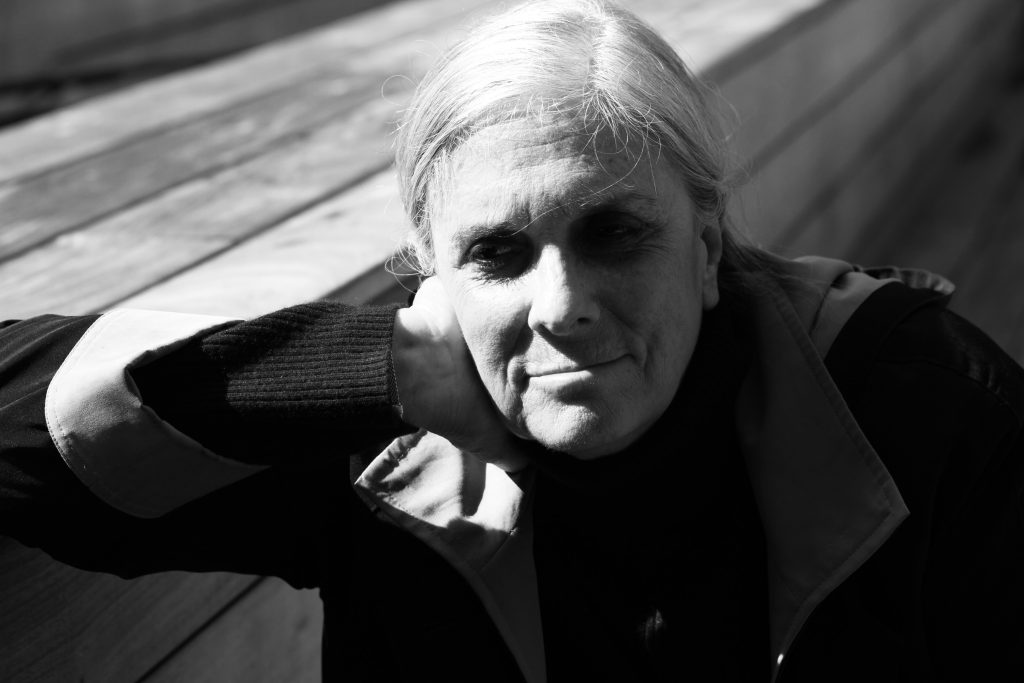When Alison Leslie Gold was a child she operated her school’s Lost and Found, volunteering to round up and categorise her classmates’ abandoned bus passes and pairless shoes. Nobody else wanted the job, she says, and so she sat in an empty room and waited, in case somebody might come looking. Thus began her career as a collector of unclaimed things. Gold’s particular interest has been in chronicling the histories of the generation which preceded her: those who lived through the Second World War. She is concerned, above all, with loss. ‘If I have a talent,’ she tells us, ‘it has been as a miner, a midwife, a salvager of other people’s stories that seem to be on the brink of distinction.’ And yet these other people, their traumas and their triumphs, have woven themselves into the fabric of Gold’s own life. They are part of her story too.
Gold’s memoir, Found and Lost: Mittens, Miep, and Shovelfuls of Dirt, largely takes the form of a gathering of letters ‘to the living and the dead; letters to and from family, friends, friends of friends, strangers, associates, a translator, an editor, a lover’. In it, she provides us with an account of a New York City upbringing under the shadow of the Cold War; the son (a figure curiously absent from the narrative) produced from an early, failed marriage; the descent into alcoholism bankrolled by the divorce settlement that followed and her eventual resurfacing, propelled by the twin forces of two older women — survivors of World War Two both. These were Gold’s spirited Russian mentor Lily Mack (to whom many of the letters are posthumously addressed and who, in a particularly memorable episode, brings about her own death by gorging on an enormous clove of garlic), and Miep Gies, with whom Gold co-authored a celebrated book on Anne Frank.
It was this project which saved her. ‘I was a woman seriously adrift,’ she writes, ‘before I washed up on Anne Frank’s shore on a cloudy June morning in Amsterdam. A life-altering encounter took place on that day.’ This was the meeting with the indomitable Gies, helper of Anne Frank and her family whilst they were in hiding — one hundred years old at the start of the book, and dead, after breaking her neck, by its midpoint. As the book progresses, Gold suffers the final illnesses and deaths of a clutch of important figures, including both parents and girlfriend Tinneka Eringa. However, it is Gies’ passing which takes perhaps the greatest toll. Their longstanding and deeply productive friendship forms the backbone of the memoir, and provides anchorage in a narrative which risks becoming, at times, a little too fragmentary.
This is a book which drifts liberally back and forth in time and space, both within the sphere of Gold’s own life and those of its many ‘characters and correspondents’. Braided between the letters (and occasional passages of supplementary backstory) are snippets of sensory detail, dreams and memories, picked out in a red font and often referencing food: ‘A bottle of strong Düsseldorf mustard arrived by mail, sent by friends’; ‘Small tangerines with attached branches hung on my front door knob in a plastic bag’. These read as a series of intimate status updates and allow us to shadow Gold as she navigates the increasingly distressing reality of the present. Of course, the past is never far away: ‘My father whistling for us children in that sharp, shrill way’ reads another. And: ‘Sat on right ankle during ten-hour flight to Athens. Margot Frank [Anne’s sister] across the aisle, hands folded in her lap’. Taken collectively, the snippets form a mini-narrative of their own and provide a nice element of contrast to the more lengthy, meditative material of the letters.
Despite the ‘endless parade of funerals’ that stalks the book, this is not ultimately a despairing one. Miep Gies and Lily Mack are almost angelic figures: stoic, witty, and uncompromising to the end. Other characters — Gold’s parents, Tinneka — are rather more flawed but courageous, too, and full of life even in the face of death. Gold herself has successfully survived the pseudo-death of alcoholism and emerged to forge a successful second chapter as writer and researcher. And the stories of the subjects in whom she is so personally and professionally invested are largely safe, captured and preserved for those who follow. The book’s final letter arrives, auspiciously, from Stanley, a childhood friend whom Gold had presumed dead. He remembers fondly her Lost and Found and writes of a simple life lived with no regrets. Musing on the freedom of the day-long cycle rides of their youth (‘Right after the end of World War Two was a grand time to be American’), Stanley notes the kick-stand of his bicycle was broken, necessitating that he lie it flat whenever he wanted to get off it. But when he returned, he explains, the bike was always right where he’d left it. And so was Gold’s. ‘Except your kick-stand worked’ he says, before signing off, ‘and yours was upright’.
Holly Aszkenasy was born in London and lives there now. Twitter: @hollyaszkenasy

